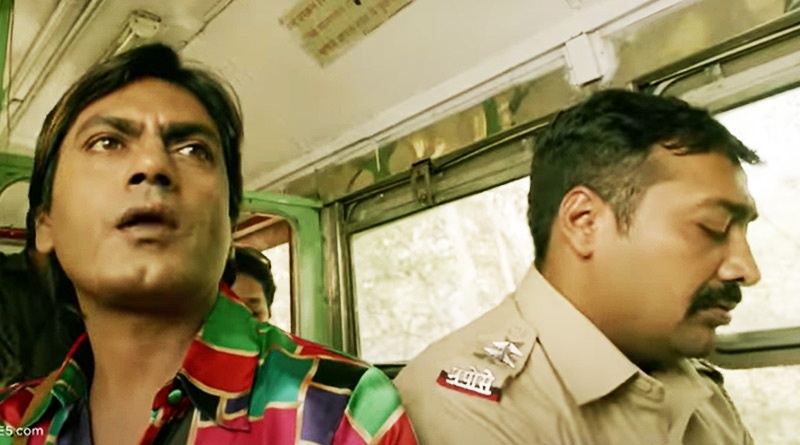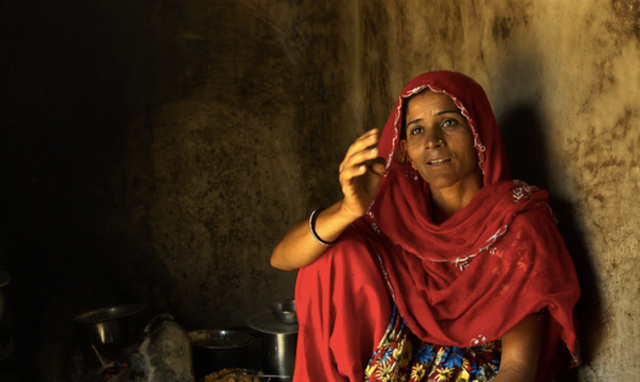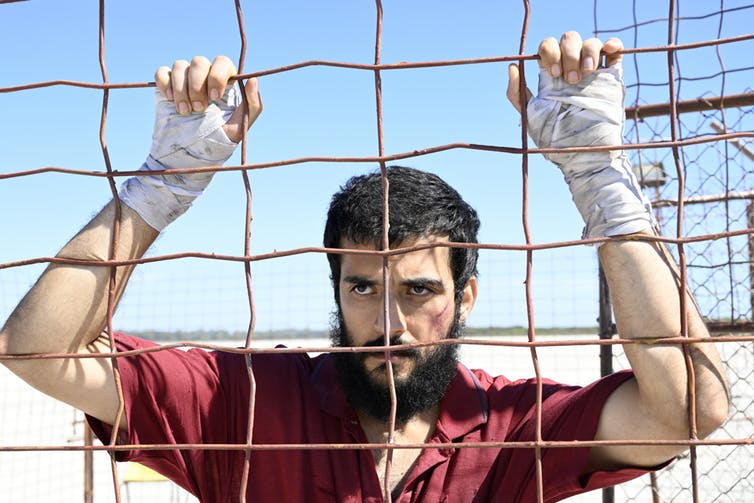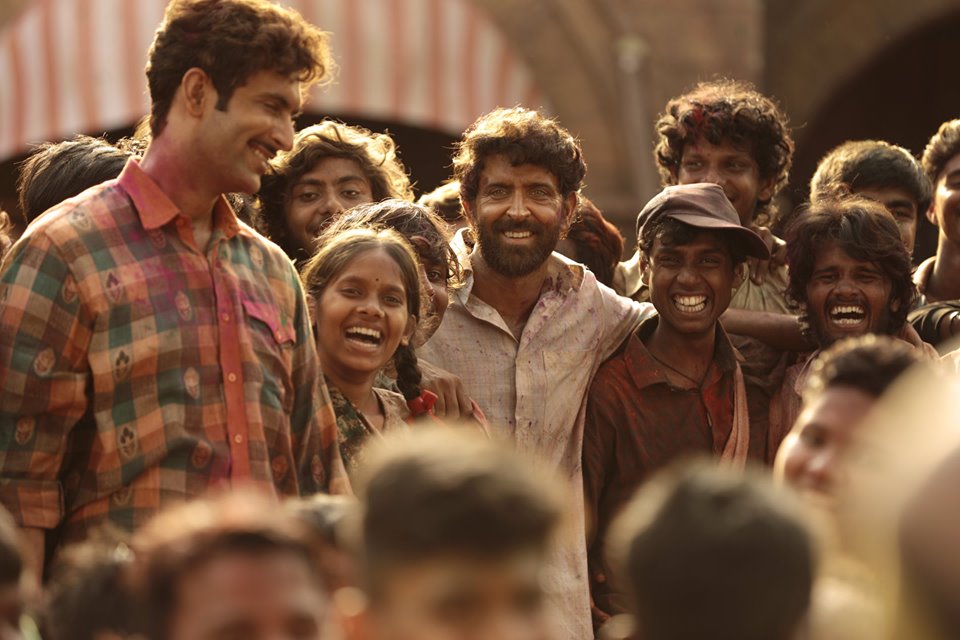CINEMA
Iram Haq’s film ‘What Will People Say’ takes us to the deep layers of a complex father-daughter relationship based in Norway’s Pakistani community.
Alia Siddiqui is Film Studies Scholar – based in Mumbai.

‘What Will People Say’ is a beautifully made film and is Norway’s Oscar entry this year. The film is a beautiful depiction of the ups and downs of a father-daughter bond that is realistic and relatable through its various moods. There is something that makes the film further interesting and that is the fact that it has a unique Indian touch to it. While we will talk about this unique Indian touch that the film has about it, let us first talk a bit about the storyline and thematic issues that this film raises.
The story revolves around a sixteen year old school girl named Nisha( Maria Mozhdah) who is compelled to leave behind her home in Norway and go to live with her extended family in Pakistan as a punishment given by her father(Adil Hussain). Her angered father upon coming face to face with the reality that she has a boyfriend decides to send her away to live in Pakistan. The film is based on the Pakistani origin Norwegian film director’s own life trajectory. Haq who is the director of this beautiful film recalls that when she was a child herself, her parents ‘kidnapped’ her and made her stay in Pakistan for more than a year against herb will. She said that right from when she was a child, she knew that when she grew up she would tell the world what happened to her. The film tells the story maturely and makes the audience understand that it is not always easy for immigrant parents to bring up children in cultures that are so alien from their own native cultures that often the values and moralities fall much in contradiction.
The story is a depiction of the struggles and problems that second generation immigrants in the western world face in the process of bringing up their children. The film is starring actors like Ekavali Khanna and Sheeba Chaddha and Lalit Parimoo. What is beautiful about the film is that it has elements of fiction but it also has a deep linking to the director’s own life, her own dilemmas and struggles while growing up. The film speaks about the moral policing, the discrimination and the negligence that immigrant children have to go through when their parents are in an alien country.
The feminist agenda of the film is so powerful that it reminds us that even in the world that we live in today, it is very tough for a woman to be accepted despite having an opinion. It indeed must have been a challenge for the director to make the story so deep in its content and yet allow it to communicate in a manner that it touches the audience’s heart. Look at the theme that runs throughout the film, it is the conflict ridden bond between the father and the daughter who are separated from each other not only in terms of the age but also in terms of their ways of relating to the world. The intricacies of the film make it possible for the narrative to free itself from the rigid boxes of black and white and the story is woven in a manner that it allows each character to be a mixture of textures and appear real. The daughter and the father are separated from each other through the walls of gender, culture and age and yet they speak to each other, have hopes from each other and value one another.
What adds to the magic of the film is the fact that, it allows an intricate narrative to be depicted in a way that it engages the audience makes them ask pertinent questions and yet helps them to see why what the father does to the daughter cannot be legitimized. The film has given voice to the voices of women throughout the world who are denied freedom in different walks of life. The film is controversial as it throws light on the unsettling truth of the Norwegian Pakistani community. Major parts of the film have been shot in India and the way that Adil Hussain pulls of the character of the father in the film only adds to the final magic of the film.














